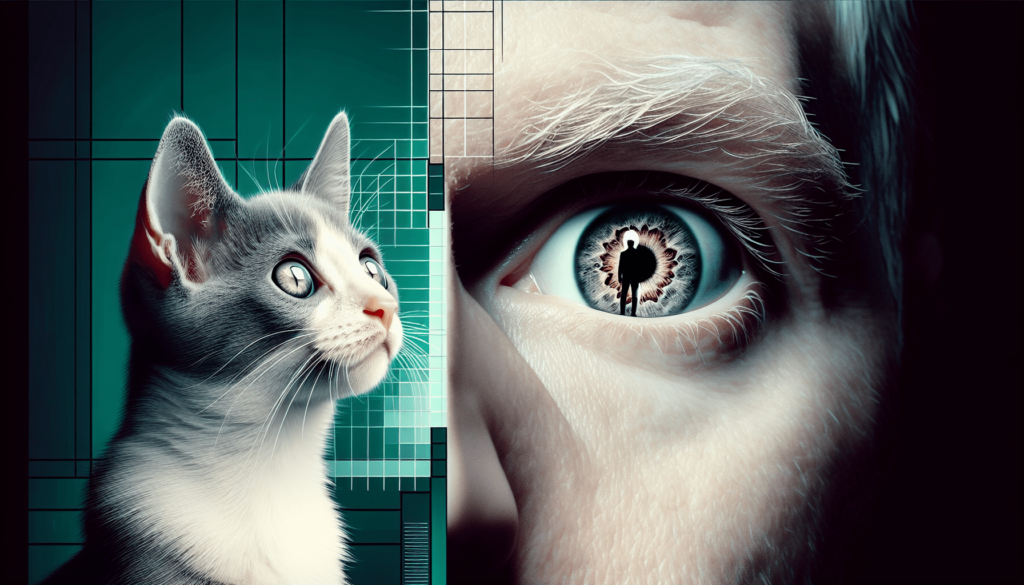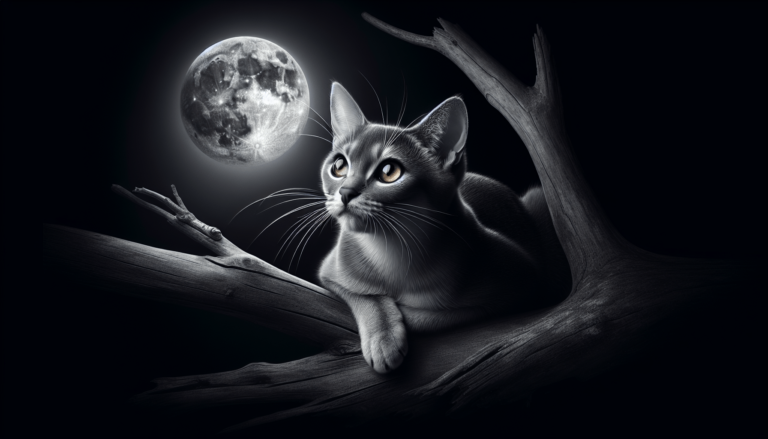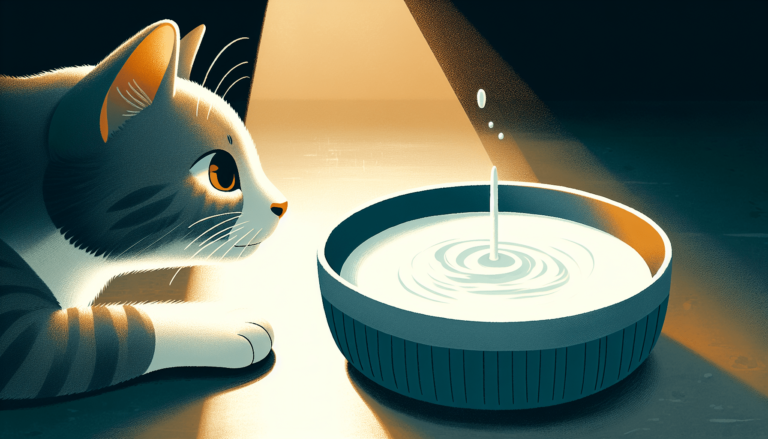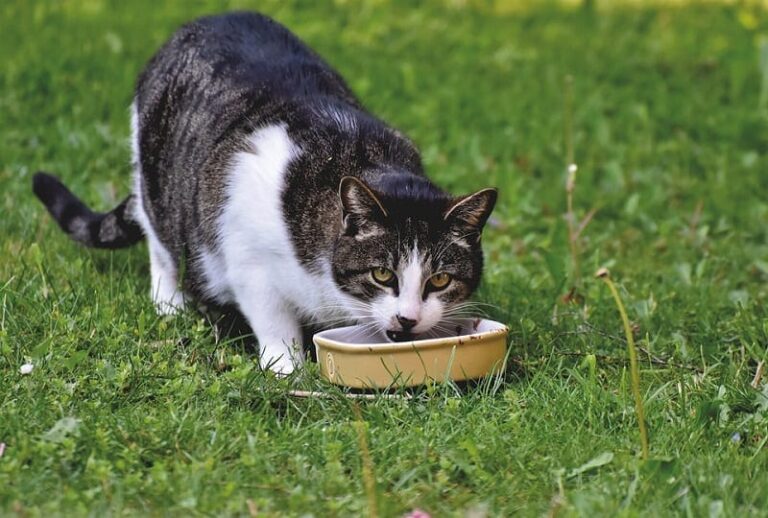Will My Cat Eat My Eyeballs
Welcome to the fascinating world of Caitlin Doughty’s new book, “Will My Cat Eat My Eyeballs.” In this intriguing novel, you will explore the morbid yet humorous questions about what happens to your body after you die. With a unique perspective on death and the afterlife, Doughty presents captivating insights through the eyes of a mortician. So sit back, relax, and prepare to delve into the curious and somewhat unsettling topic of what happens to your body when your beloved feline friend is left to its own devices. Hey there, have you ever wondered about the odd things that might happen after you pass away? If you’re a pet owner, you may have pondered the fate of your furry friends once you’re gone. In particular, you might have asked yourself, “Will my cat eat my eyeballs?” Let’s dive into this peculiar question and explore the truth behind this chilling possibility.
The Role of Pets in Their Owner’s Death
Pets, especially cats, are known for their unusual and often mysterious behavior. Many people believe that their pets will act out of character when their owners pass away. While some of these beliefs are rooted in superstitions and urban legends, there is a scientific explanation for why pets may behave differently when their owners die.
The Bond Between Humans and Pets
Humans have a strong emotional bond with their pets, and vice versa. This bond is based on trust, love, and companionship, making pets an important part of their owner’s life. When a pet owner passes away, their pet may experience confusion, grief, and anxiety due to the sudden absence of their beloved companion.
Changes in Behavior
Pets, especially cats, are sensitive to changes in their environment and routine. When a pet owner dies, their pet may exhibit unusual behavior such as vocalizing more, becoming more clingy, or displaying aggression. These changes in behavior are often a sign that the pet is mourning the loss of their owner and trying to cope with their grief.
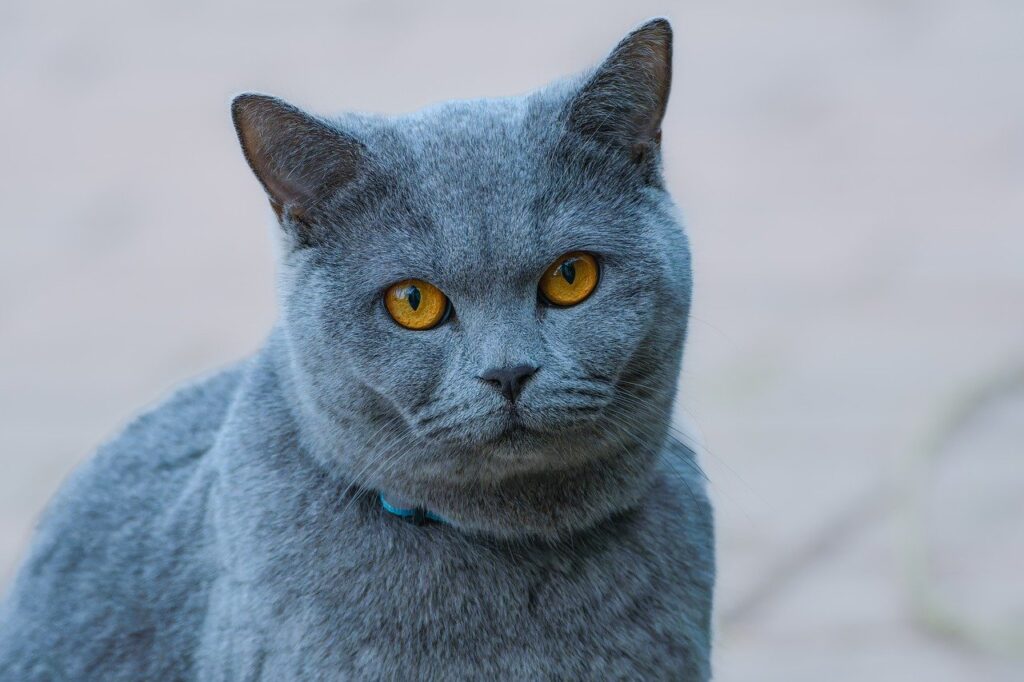
The Truth About Pets Consuming Human Flesh
The idea of a pet, particularly a cat, consuming their owner’s body after death may seem like something out of a horror movie. However, there are instances where pets have been found feeding on human flesh. Let’s take a closer look at the reasons behind this behavior and whether your cat will really eat your eyeballs.
Scavenging Instincts
Cats are natural hunters and scavengers. In the wild, cats rely on their hunting instincts to catch prey and survive. When a cat’s owner dies and their body is left unattended, the cat may resort to scavenging on their remains out of hunger and instinct.
Desperation for Food
Cats are obligate carnivores, which means that they require a diet high in animal-based protein to thrive. If a cat is left without access to food for an extended period of time, they may turn to unusual sources of sustenance, including human flesh.
Uncommon but Possible
While the thought of a pet eating their owner’s body may be disturbing, it is a rare occurrence. Most pets, including cats, will not resort to cannibalism unless they are starving and have no other source of food. In cases where pets do consume human flesh, it is typically due to extreme circumstances rather than malicious intent.
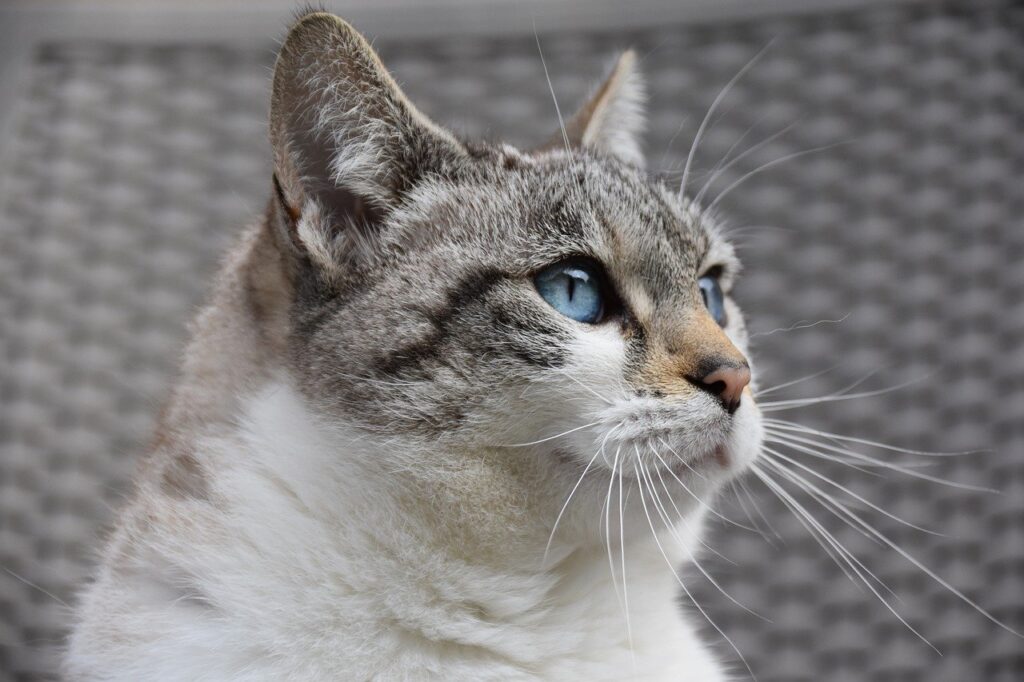
Decomposition Process and Time Frame
The decomposition process of a human body begins shortly after death and progresses through several stages. Understanding the timeline of decomposition can shed light on whether your cat would have the opportunity to eat your eyeballs in the event of your passing.
Timeline of Decomposition
-
Fresh Stage: This stage begins immediately after death and lasts for approximately 24-72 hours. During this time, the body’s cells continue to function until oxygen is depleted, leading to rigor mortis and livor mortis.
-
Bloat Stage: The bloat stage occurs 3-4 days after death, as bacteria in the intestines produce gases that cause the body to swell and bloat.
-
Active Decay: Active decay follows the bloat stage and can last for several weeks. During this stage, the body’s tissues break down, and insect activity increases.
-
Advanced Decay: Advanced decay sets in after active decay and can last for months to years. Insects and other scavengers further break down the body, leaving behind bones and hair.
Timeline for Consumption
Based on the timeline of decomposition, it is unlikely that your cat would have the opportunity to eat your eyeballs during the early stages of decomposition. By the time the body reaches the bloat stage, the eyeballs would no longer be intact or appetizing to a scavenging cat.
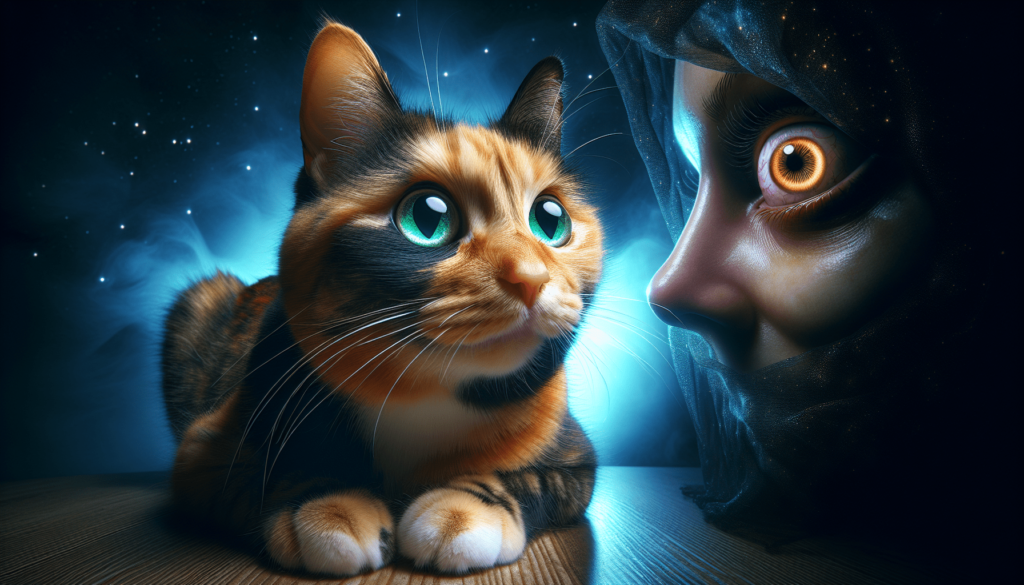
How to Ensure Your Pet’s Well-Being After Your Passing
While the thought of your cat eating your eyeballs may be unsettling, there are steps you can take to ensure that your pet’s well-being is accounted for in the event of your death. Taking proactive measures can give you peace of mind knowing that your furry friend will be cared for after you’re gone.
Create a Pet Care Plan
One of the best ways to care for your pet after your passing is to create a detailed pet care plan. This plan should outline important information such as:
- Feeding schedule: Specify your pet’s dietary needs and feeding schedule to ensure they receive proper nutrition.
- Medical history: Provide information about your pet’s medical history, vaccinations, and any ongoing health concerns.
- Emergency contacts: Include contact information for friends, family members, or pet care professionals who can assist with your pet’s care.
- Legal arrangements: Consider establishing a pet trust or designating a caregiver for your pet in your will to ensure their continued care.
Inform Trusted Individuals
Communicate your pet care plan with trusted individuals who can step in and care for your pet if needed. This may include family members, friends, neighbors, or professional pet sitters who are familiar with your pet’s needs and routine.
Prepare Your Home
Make sure your home is pet-friendly and stocked with essentials such as food, water, litter, and toys. Consider creating a pet emergency kit with supplies such as medications, leashes, and veterinary contact information for easy access.
Consider Pet Insurance
Pet insurance can help cover the cost of your pet’s medical expenses and care in the event of your death. Research different pet insurance options and choose a plan that best suits your pet’s needs and your budget.
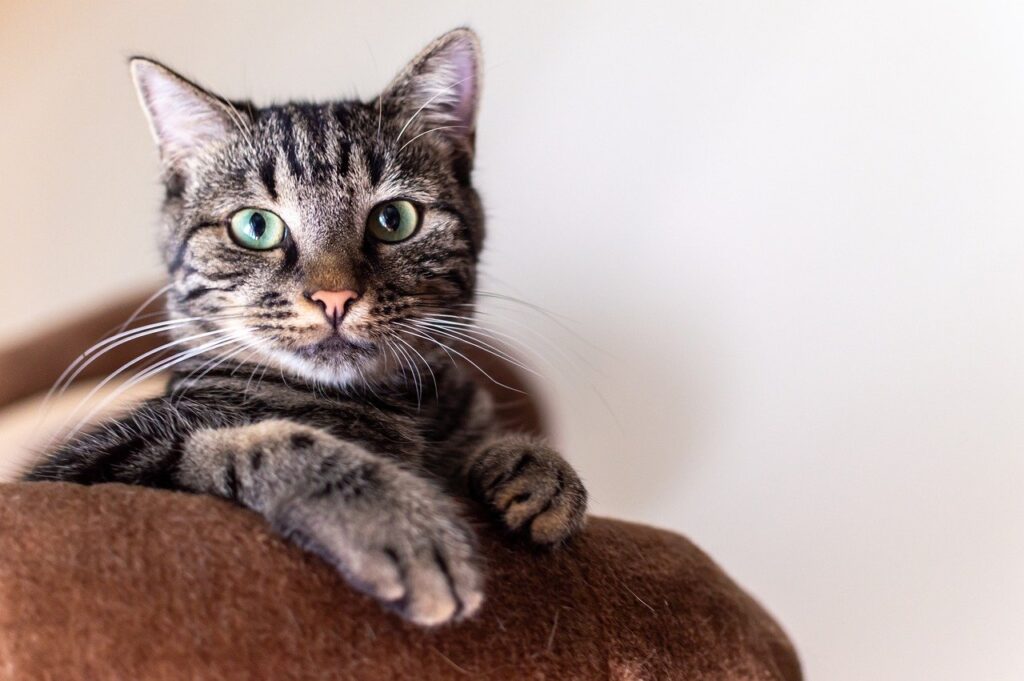
Conclusion
So, to answer the burning question, “Will my cat eat my eyeballs?” While it is not entirely impossible for a cat to scavenge on human flesh, it is a rare occurrence and typically only happens under extreme circumstances. By understanding the natural instincts and behaviors of pets, as well as taking proactive steps to care for your furry friend after your passing, you can ensure that your pet will be safe and well-cared for in the event of your death. Remember, a little preparation goes a long way in ensuring your pet’s happiness and well-being, even after you’re gone.
